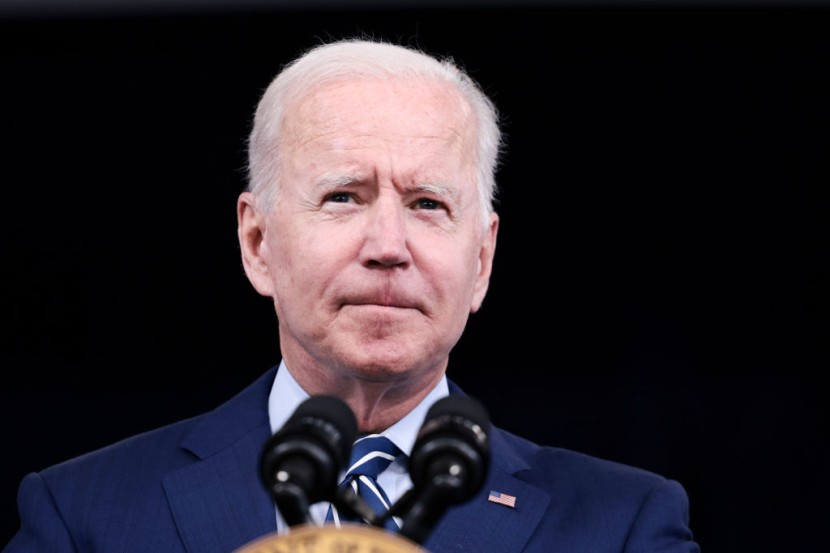
On Wednesday, President Biden and his aides made a last-ditch effort in Congress to save Biden's economic agenda, attempting to forge even the beginnings of a compromise between moderates and progressives on a pair of bills that would spend trillions on rebuilding infrastructure, expand access to education, combat climate change, and more.
Biden postponed a planned trip to Chicago to promote Covid-19 vaccines to continue meeting with lawmakers during a key week in the House of Representatives.
Kyrsten Sinema, a moderate from Arizona, was scheduled to visit the White House on Wednesday morning, according to a source familiar with the meeting.
Democrats grumble with Bidens economic agenda
Sinema was a co-sponsor of a bipartisan bill, negotiated by Biden, that would invest more than $1 trillion over the next few years on physical infrastructures such as water pipelines, roads, bridges, electric car charging stations, and broadband internet.
The Senate passed the measure this summer. The House is expected to vote on it this week, NY Times reported. Progressive Democrats, on the other hand, have threatened to reject it unless it is accompanied by a more comprehensive plan that includes most of Biden's domestic agenda.
This includes universal prekindergarten and free community college, as well as a slew of initiatives to decrease greenhouse gas emissions and tax benefits for employees and their families aimed at combating poverty and increasing labor force participation.
While the president has cleared his calendar this week in the hopes of brokering a compromise, several Democrats have grumbled that he has not engaged in negotiations to their satisfaction.
Last week, he brought groups of progressives and moderates to the White House, but he met individually rather than holding a group negotiation session.
With the fiscal year's end approaching on Thursday, House Democrats narrowly passed a stand-alone bill to suspend the debt ceiling on a party-line vote, preventing a government shutdown but keeping the prospect of the US defaulting on its obligations next month open.
Per Washington Times, Biden canceled a scheduled COVID-related trip to Chicago on Wednesday, indicating that the president was trying to recover his agenda. Instead, Biden met with more holdout Democrats at the White House, hoping to strike a new compromise between squabbling moderates and leftists.
Read Also : Donald Trump's Mysterious Hospital Visit in 2019 Was To Get Colonoscopy, New Book Reveals
How does reconciliation law affect tax hikes?
Given the debt that Congress has accumulated in previous years, it's worth emphasizing that this "reconciliation" law is meant to be deficit- and debt-free, as per NBC News. In other words, the tax hikes are sufficient to pay the costs of its programs and targeted tax cuts while without increasing the national debt.
Senate and House moderates want the budget deficit to be drastically reduced, and Democratic leaders have admitted that they don't anticipate it to reach $3.5 trillion. The other major bill, which calls for $550 billion in spending over five years and adds about $250 billion to the debt, was negotiated by a bipartisan group of senators with the White House.
It provides funding for subways, water systems, green-energy initiatives, roads, bridges, rail, and broadband accessibility.
On August 10, the Senate passed it with 69 votes; the House is presently debating it and will vote on it on Thursday. If the House passes the infrastructure package, it will be sent to the White House for signing.
The majority of Democrats want both the reconciliation and infrastructure bills to pass. However, there is significant disagreement between progressives and moderates over the bill's size, scope, and other details.
If moderates in the House and Senate don't agree to assist pass reconciliation, progressives have vowed to destroy the infrastructure plan. Due to this stalemate, it's unclear if the House will enact the infrastructure package this week - or at all. It's also unclear whether, when, or in what form a reconciliation measure would be enacted.
Related Article : David McRae Joins Other State Leaders in Accusing Joe Biden's American Families Plan as Largest Data Mining Exercise
© 2026 HNGN, All rights reserved. Do not reproduce without permission.








